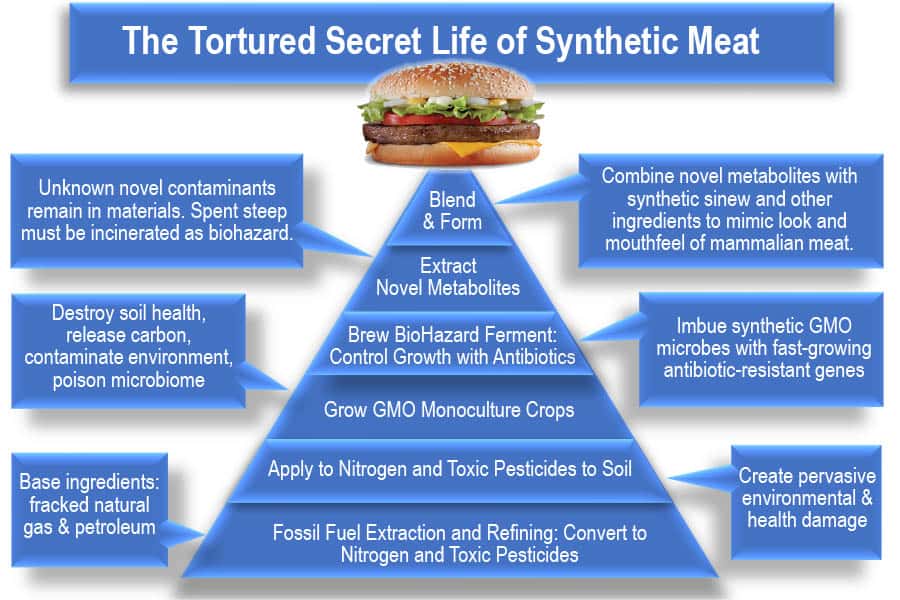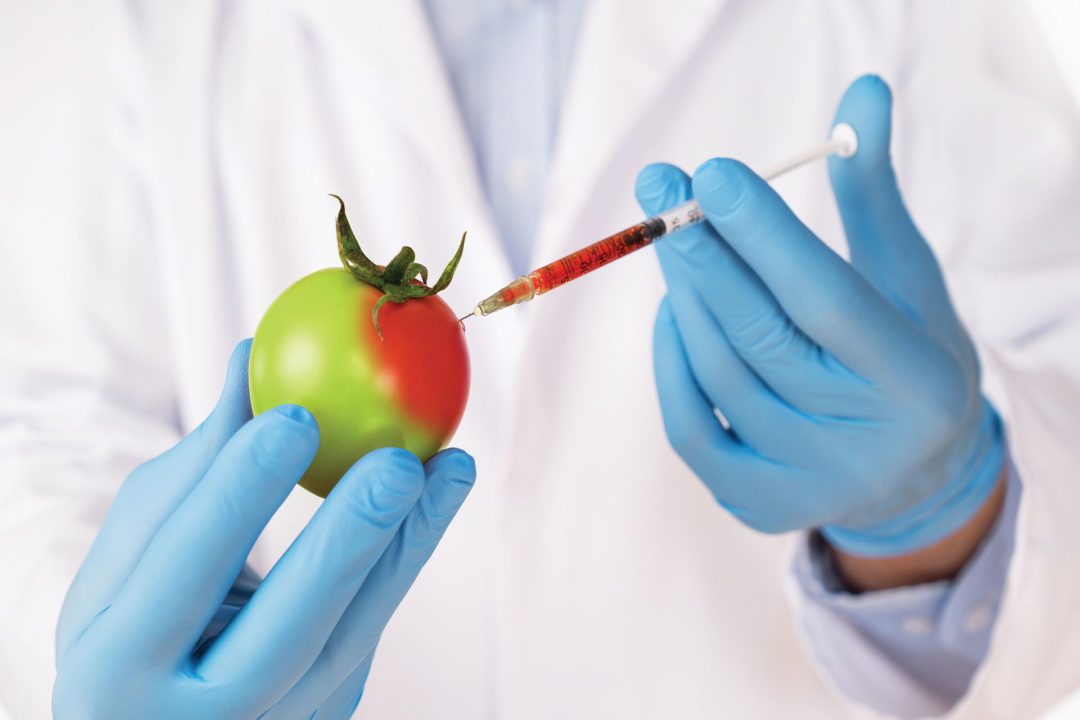It is our truth and, it is working for those of us who adhere to this lifestyle and the new people who have elected to turn to us for solutions. Do not be mollified into a quiet victory dance, however. There are forces at work, some out of our control, and others out of anyone’s control, that will derail these early efforts to shift away from our institutionalized disease management system toward a framework that creates lasting healthy outcomes.
Consider our supply chain issues. We have seen the empty vitamin shelves. We have done endless backflips to address shipping issues. Whether the container ship is stuck in the Suez Canal or the Port of Los Angeles, we have grappled with getting ingredients made into products and onto store shelves. Our industry issues are not unique. We have all witnessed the shortage of paper towels and construction materials, and the end is not yet in sight. While people again celebrate visiting friends and family, we continue to grapple with shortages. Be it glass bottles, plastic caps, or ingredients from overseas, failure to meet growing demand places the integrity of the industry at risk. There is no vaccine for supply chain disruptions.
Increased demand can result in adulterated formulations. Poor harvesting practices can damage future crops. Increased pressure on small rural producers in foreign countries, who suffer the effects of this pandemic at a greater human and financial cost, is clearly not our intended outcome. But because we are an industry and a nation driven to succeed, we devise creative strategies to make the ends meet.
Growing investment in grass-fed livestock and regenerative agriculture are the perfect examples of our reinvigorated commitment to sustainability. However, the stress on our current system can leave us distracted. Synthetic protein is a prime example. GMO crops are their main ingredients, but they have re-entered the policy discussion disguised in the costume of “synthetic biology” and “precision fermentation.” We are essentially being told again that GMOs are the panacea for every problem. Yet, it is impossible for synthetic protein to be considered natural.

Why is it that promoters of synthetic protein feel entitled to wear a white hat? Institutionally, too many of our industry associations walked away from the battle for transparency with GMOs. No detectable DNA from GMO ingredients in the product? Then they are not GMO. It is very convenient for business, very deceptive for consumers whom we know have very clear feelings about GMOs. An April 2020 survey revealed 54% of consumers recognize The Non-GMO Project butterfly icon. In December 2020, Errol Schweizer, a member of The Non-GMO Project board of directors, reported that non-GMO product sales were up 13% over the previous year. That is significant because the year before, non-GMO sales increased only 0.5%.
Hence, therein lies the need to deceive.
The power of consumer purchasing brought the 110 year-old Consumer Brand Association (formally the Grocery Manufacturers Association) to its knees when companies like Campbell’s left because of Grocery Manufacturers Association position on GMO labeling. The group rebranded with new lipstick but the same old shtick. Similarly, industry-funded propaganda groups like The Good Food Institute (GFI) attempt to lure us with fantastic promises about justice and abundance. In their words, GFI is “building a world where alternative proteins are no longer alternative.” In 2019, GRI reported net assets of more than $22 million, almost $13 million more than what was reported to the IRS in 2018. With affiliates around the world, GFI is raising (undisclosed) private funds to support international adaptation of synthetically derived protein as the norm. Yet, their glorious “clean meat” still depends primarily on GMO crops grown with synthetic fertilizers and toxic pesticides derived from fossil fuels.
We know that ingredients made using synthetic biology will not go away any time soon, and they certainly will not be limited to faux foods. Synthetically derived astaxanthin is reportedly appearing in animal feed without being disclosed. The list of synthetically derived ingredients continues to grow rapidly across all categories. In response, researchers have developed successful testing methodologies to identify these false ingredients. That said, the United States lags dramatically behind Europe in policy discussions on this critical topic.
So what is a natural retailer to do? How can the dietary supplement industry stop a swell of synthetically derived ingredients from appearing on shelves? How will this affect the availability of bona fide natural and organic ingredients? Should these products and foods be eligible for display at the “natural” shows where we all do business? Where is the venue for educating and engaging people on the topic of synthetic biology?
The Organic & Natural Health Association will continue to partner on education efforts to bring these issues to light. With COVID, those opportunities have diminished, while the SynBio industry continues to flourish with massive investments behind the scenes. We’ve lost the legislative and regulatory battle at this point, so perhaps there remains one core question to be answered. Is the proliferation of genetically engineered synthetic protein destined to be an accepted cornerstone of the natural food industry?









